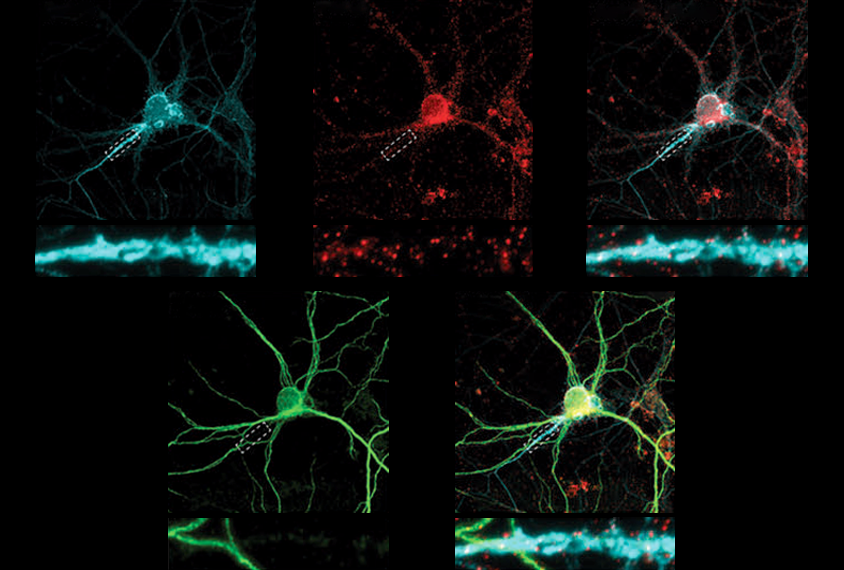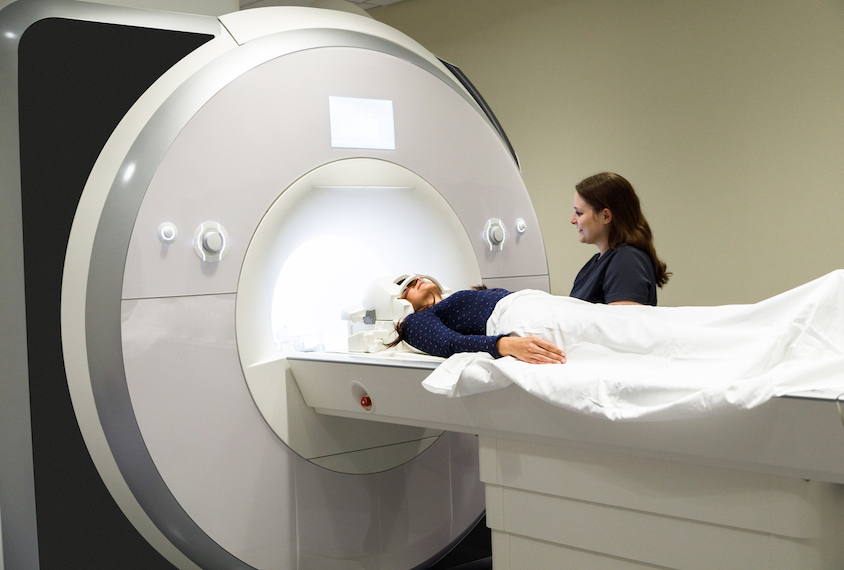Jef (an unusual nickname for Jennifer) is a freelance writer and editor covering the life sciences. She earned her master’s degree from Indiana University in April 2009 studying the mating behavior of seahorses and spent the first 13 years of her career at The Scientist, where she edited features and oversaw the production of the publication’s digital and print magazines. In 2022, her feature on uterus transplantation earned first place in the trade category of the Awards for Excellence in Health Care Journalism. She is a member of the National Association of Science Writers.

Jef Akst
Contributing writer
From this contributor
Protein networks identified in autism-linked genetic deletion
The OTUD7A gene, which may account for some traits in people missing a segment of chromosome 15, appears to interact with several known autism-linked genes.

Protein networks identified in autism-linked genetic deletion
Simons Foundation clinical research head Wendy Chung to lead Boston Children’s pediatrics department
Chung, a clinical and molecular geneticist, plans to continue serving as principal investigator of two large research projects involving cohorts of people with autism and related neurodevelopmental conditions.

Simons Foundation clinical research head Wendy Chung to lead Boston Children’s pediatrics department
Head motion mars most fMRI results, even after correction
A new measure shows how greatly movement influences associations between traits and brain activity, revealing abundant false positives and false negatives.

Head motion mars most fMRI results, even after correction
Explore more from The Transmitter
Shifting neural code powers speech comprehension
Dynamic coding helps explain how the brain processes multiple features of speech—from the smallest units of sounds to full sentences—simultaneously.

Shifting neural code powers speech comprehension
Dynamic coding helps explain how the brain processes multiple features of speech—from the smallest units of sounds to full sentences—simultaneously.
Astrocytes orchestrate oxytocin’s social effects in mice
The cells amplify oxytocin—and may be responsible for sex differences in social behavior, two preprints find.

Astrocytes orchestrate oxytocin’s social effects in mice
The cells amplify oxytocin—and may be responsible for sex differences in social behavior, two preprints find.
Neuro’s ark: Spying on the secret sensory world of ticks
Carola Städele, a self-proclaimed “tick magnet,” studies the arachnids’ sensory neurobiology—in other words, how these tiny parasites zero in on their next meal.

Neuro’s ark: Spying on the secret sensory world of ticks
Carola Städele, a self-proclaimed “tick magnet,” studies the arachnids’ sensory neurobiology—in other words, how these tiny parasites zero in on their next meal.